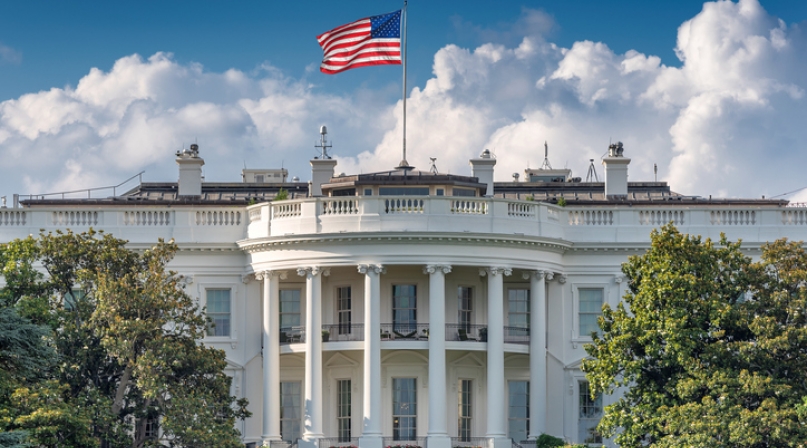White House announces more than $300 million in new mental health funding from the Bipartisan Safer Communities Act
Author

Blaire Bryant
Upcoming Events
Related News

Key Takeaways
On October 3, the Biden administration announced more than $300 million in new mental health funding made available through the recently passed Bipartisan Safer Communities Act. Funding will be administered by the U.S. Department of Education (DOE) and the U.S. Department of Health and Human Services (HHS), through the Health Resources and Services Administration (HRSA) for investments in mental health professionals in schools and in emergency departments.
DOE released notices for two grant programs (total funding is $287 million) that aim to increase access to mental health services for students and children. This funding will be distributed among the below programs:
- The School-Based Mental Health Services (SBMH) program provides competitive grants to schools through state and local educational agencies to increase the number of credentialed school-based mental health service professionals delivering school-based mental health services to students. The grant provides $144 million each year for five years, with an average award size of $1,750,000 and ED anticipates allocating up to 150 awards.
- The Mental Health Service Professional Demonstration (MHSP), provides competitive grants to support districts in hiring additional school-based mental health service providers in high-need districts by boosting the mental health profession pipeline. This includes investing in innovative partnerships between school districts and institutions of higher education to train qualified school-based mental health services providers for employment in schools and local educational agencies. These grants make available $143 million a year for five years, with an average award size of $800,000 and ED anticipates making up to 250 awards.
Coinciding with the DOE funding releases, HHS announced awards of nearly $27 million to improve and expand mental health care for children through the Pediatric Mental Health Care Access (PMHCA) program. This funding will offer timely mental health support to children and adolescents by training pediatricians and other school-based children’s health care and emergency department providers in treating mental health conditions and by providing teleconsultation to bring mental health expert support directly to pediatric primary care providers. Forty-eight awardees will each receive $300,000, three national organizations will also receive a total of $3.2 million to provide technical assistance to grantees to expand and improve behavioral health services in pediatric practices, schools and emergency departments.
Beyond the programs listed above, the White House also plans to invest $1 billion from the law in our nation’s schools for additional mental health support.
Counties support many of the priorities included within the law and will continue to work in partnership with Congress and the administration to build upon this important legislation through the passage of policy that increases access to mental health and substance use disorder treatment and prevention.
ADDITIONAL RESOURCES
Resource
Behavioral Health Matters to Counties

Related News

USDA and HHS release new dietary guidelines
On January 7, U.S. Department of Agriculture Secretary Brooke Rollins and U.S. Department of Health and Human Services Secretary Robert F. Kennedy, Jr. unveiled the new Dietary Guidelines for Americans, 2025–2030.

SAMHSA cancels, reinstates thousands of behavioral health grants
Late on Wednesday, January 14, the Administration announced that thousands of Substance Abuse and Mental Health Services Administration (SAMHSA) grants that had been terminated just one day earlier would be reinstated.

House passes three-year extension of ACA Enhanced Premium Tax Credits
On January 8, the U.S. House of Representatives passed legislation to extend enhanced Affordable Care Act (ACA) premium tax credits (EPTCs) for three years, sending the measure to the Senate as lawmakers work to negotiate a bipartisan compromise.